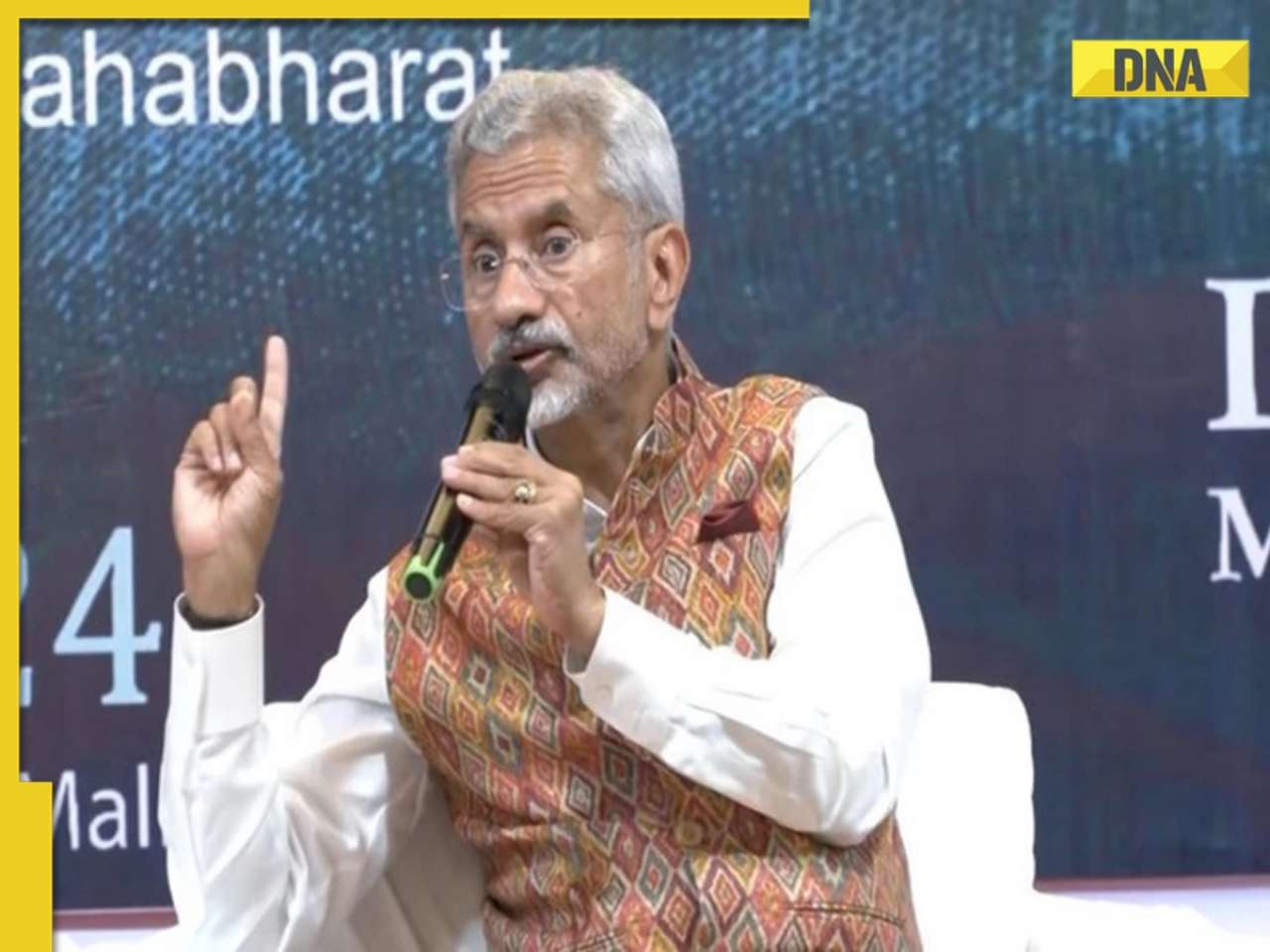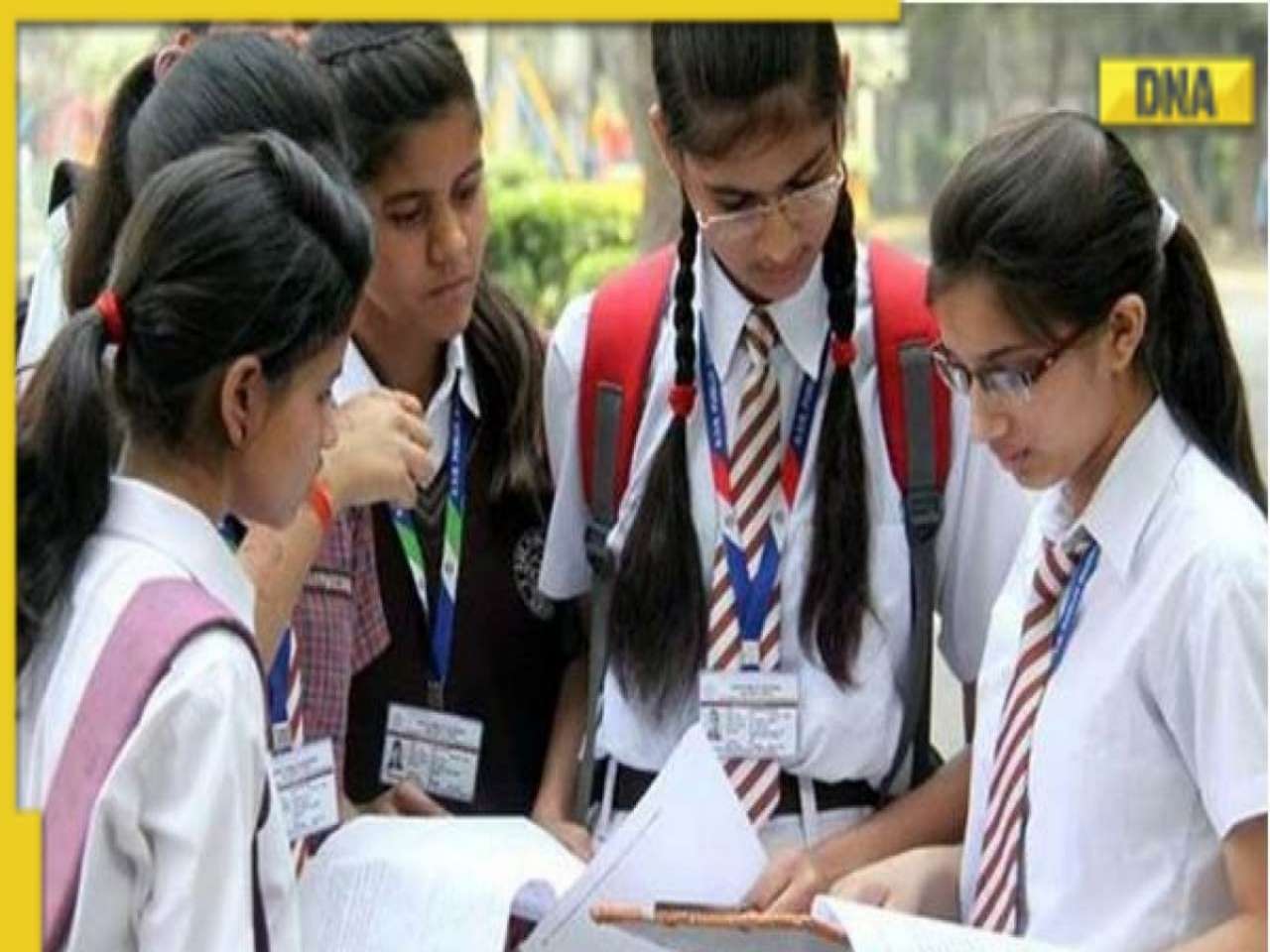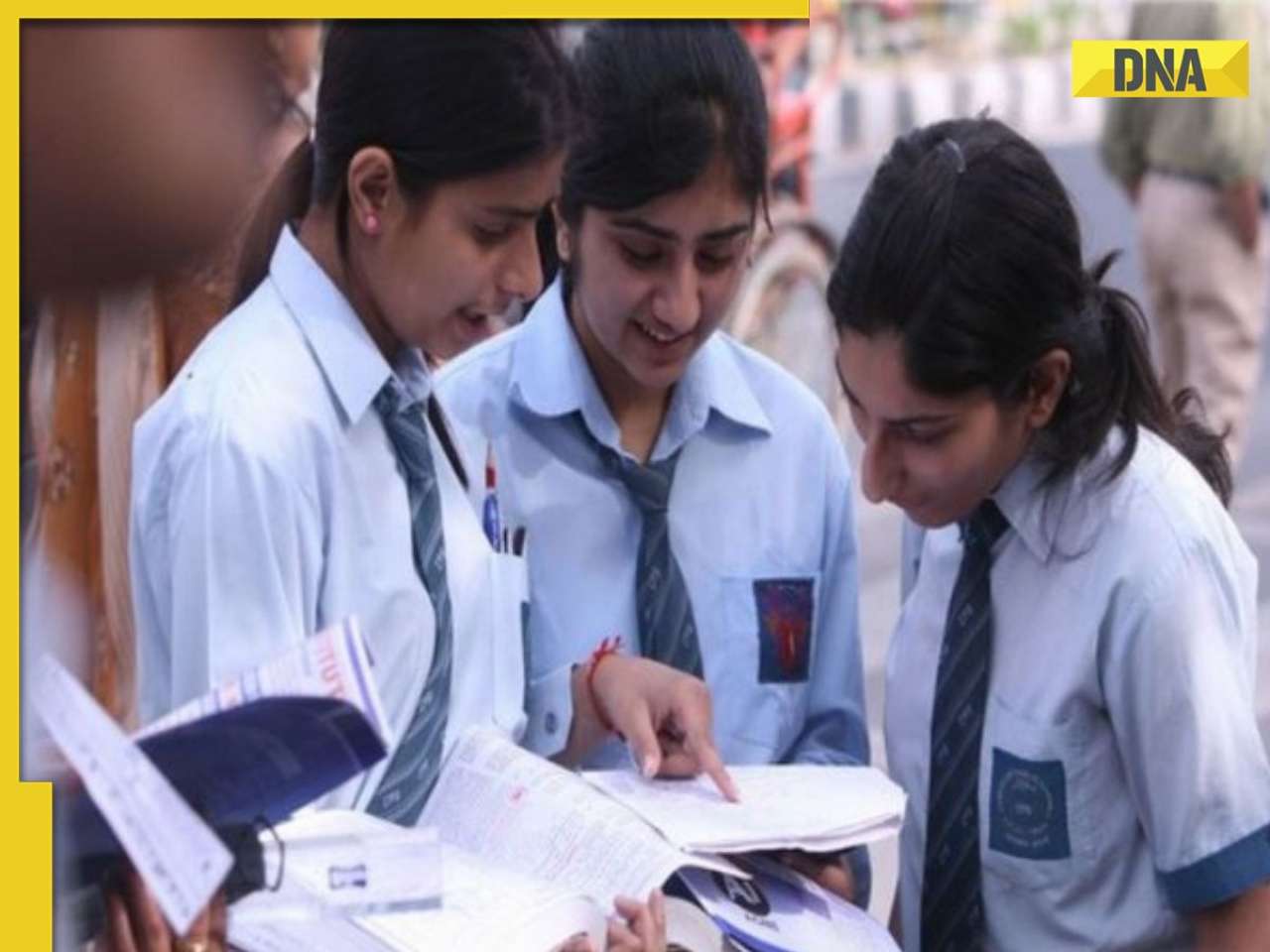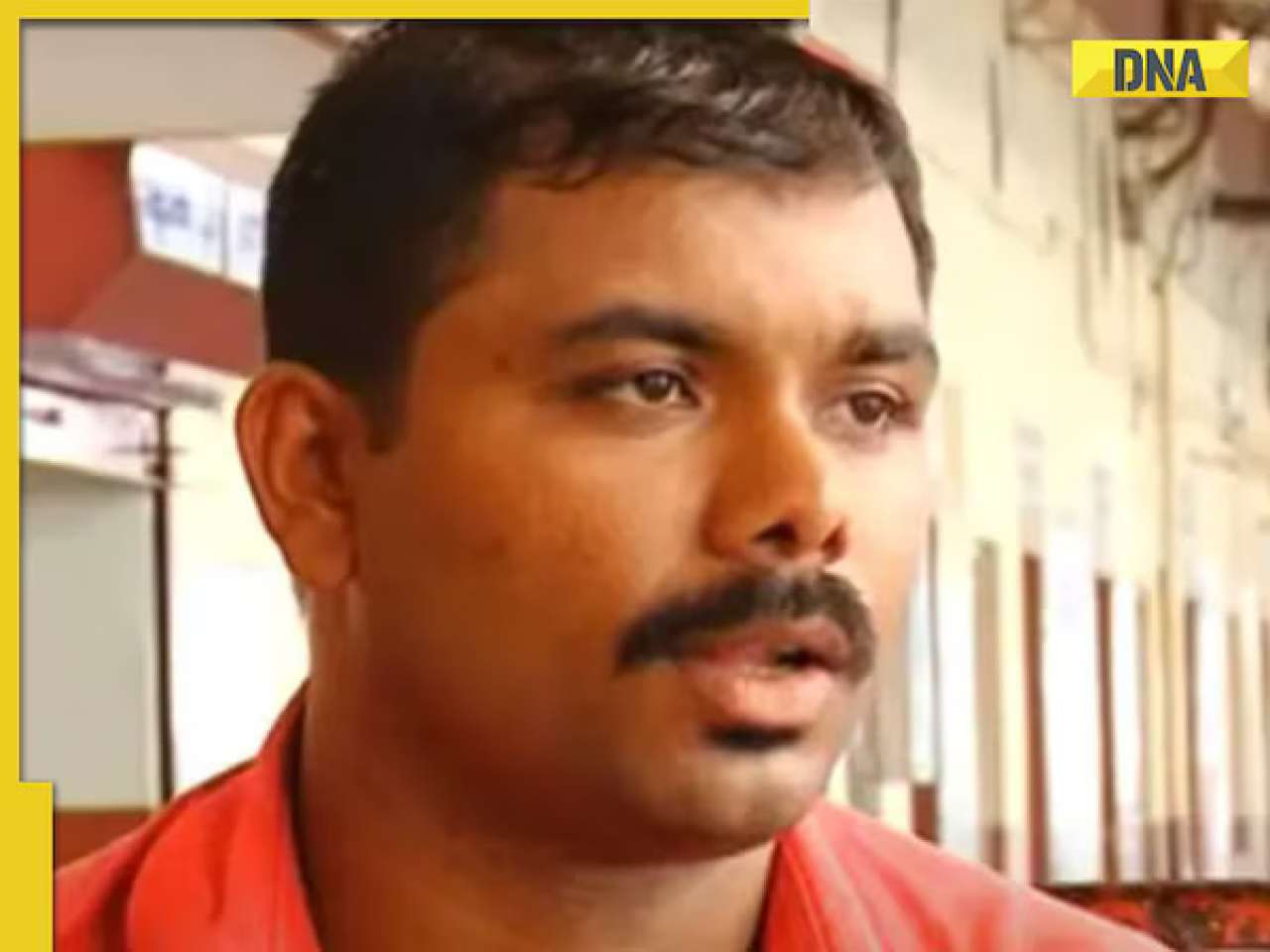The story of India's coming of age could not have found a better moment in its independent history than this year, when it turns 60.
 Shabana Azmi
Shabana Azmi
The story of India's coming of age could not have found a better moment in its independent history than this year, when it turns 60. The story of the past six decades has been chequered and there have been cases where we have messed up.
But now, wherever you go, India is the toast, along with China. The celebration could be about India being an economic powerhouse of the future but economy is not the only area where we score.
We must celebrate the fact that we are a thriving democracy, in spite of the mind-boggling complexity and pushes and pulls that we experience on a daily basis.
But the level of complexity, multiplicity and plurality we have to deal with means that in India, there cannot be one idea, one programme, one thought.
If one idea is worthy of following, another, probably opposite, idea must emerge too. The opposite idea, the Newtonian paradigm, so to speak, will keep balancing the former. I would like to give a few examples.
First, our population. Till about a decade ago, India's population was considered not just a huge burden but also a time bomb waiting to explode.
But now India's population is its asset. Globalisation finds India blessed with a big market in its bosom. And on the other hand, globalisation has ensured that those in India who are young, talented and ambitious are welcome all over the world. We are now the youth basket of the world.
Second, the rise of the regional parties. Whatever be the strength of the Congress, at the end of the day, it follows a top-down approach from Delhi, which may have worked with great leaders at the helm, but not anymore.
That's why the presence of the Left parties at the Centre is a positive sign. Whatever some may think, the Left has more logic than many others and acts a whistle-blower in the government.
Though they may not be right in everything, the Left of today is much more accommodating than before. The Left-Congress combine is possibly the healthiest configuration that we have ever had at the Centre.
By a similar logic, we also need the regional parties who can more adequately represent regional aspirations and desires.
This is a healthy sign of federalism at work. But it also means that issues other than governing principles — caste, religion and community — come into play.
Though this is undesirable, we should not try to block the trend of emergent regional parties. What we must try is to wean away parties from a sectarian ethos.
Mayawati is a classic example of that. Look at her stratagem and you will see how she has taken the Congress route to success —first, the Dalits, then the upper castes, then Muslims, and the like. Hers is a case of a regional party trying to go beyond its given base to a broader political framework. This can be a model.
The third is the economy. At no level can one say that India's move towards the market has been a disaster. There is visible improvement in standard of living as a whole as well as a swelling of opportunities.
But then again, the market is not the only answer to India's poverty. The trickledown effect is not working as it should.
There has to be greater investment in education, public health and gender empowerment. The true yardstick of a nation's progress is not merely its GDP but its human development index, on which India's scores are abysmal.
Moreover, selling out to MNCs is a cause for concern because they have only profit in mind. The fault lines between those who have and those who don't are getting thicker by the day.
The current Naxal movement is a product of this and hence a real threat. So if there is market on one side, there must be government intervention on the other.
There must be checks and balances to ensure that some areas of the economy are protected, some tariffs are imposed, and some trade restrictions are in place. That way a balance will be maintained and the market would not be the sole arbiter of our lives.
Connected to the third is the fourth issue. Many say that economic growth will iron out India's many differences and thus bring the underprivileged as well as the minorities into the so-called mainstream.
This is neither wholly true nor false. Economic growth in many ways does bind people of different identities into a common, ‘aspirational' mode.
But the economy is not the only cure. It must be ensured that the poor are not deprived of their rights, whether they be Dalits or religious minorities.
This is the only way inclusion will work. And we must take note of the fact that, notwithstanding the Rajendra Sachar Committee report, Muslims in India do feel they have a stake and space in the democracy.
A Muslim can dream of becoming the President, a movie icon, a cricketer, music maestro, or a business baron. As long as such dreams are there to be shared, Indian Muslims will not feel alienated.
This is a key factor in democracy and such a feeling must be shared by the Dalits, by women, and anybody who feels marginalised.
This brings me to my last point: civil society movements. Much as I have propounded government intervention, I must say that an active civil society is the key to a better and stronger nation.
We in Juhu have been able to get an apolitical individual elected as corporator — an experiment I would love to see reproduced at a macro level.
Nandigram, for me, is essentially a civil society movement. No doubt, political parties have hijacked it, but the cry for social justice for those whose livelihood was threatened resonated loud enough for the establishment to sit up and take notice.
India needs to put into place large infrastructure projects that will necessarily lead to massive displacement. Unless the principle of social justice is brought to bear on these projects we will witness social unrest with disastrous consequences.
The voices of those being affected must be heard. People must be empowered enough to be able to seek justice so that the government has no option but to listen. Nandigram has taught us that.
The Right To Information and the Rural Employment Guarantee Scheme must also be strengthened so that they can become strong agencies of change and good governance.
Come what may, we must not lose the momentum that we enjoy today. For India, there has been no better time or chance in its free life to prosper. It cannot and should not fritter away this chance.
Shabana Azmi is an award-winning actor and social activist and has also served as a member of the Rajya Sabha.
![submenu-img]() Meet IIT-JEE topper with AIR 1, son of government school teachers, he went on to pursue...
Meet IIT-JEE topper with AIR 1, son of government school teachers, he went on to pursue...![submenu-img]() Salman Khan house firing case: One more Lawrence Bishnoi gang member arrested by Mumbai Police
Salman Khan house firing case: One more Lawrence Bishnoi gang member arrested by Mumbai Police ![submenu-img]() Mukesh Ambani to host Anant-Radhika's second pre-wedding function: Trip to start from Italy with 800 guests and end in..
Mukesh Ambani to host Anant-Radhika's second pre-wedding function: Trip to start from Italy with 800 guests and end in..![submenu-img]() Driver caught on camera running over female toll plaza staff on Delhi-Meerut expressway, watch video
Driver caught on camera running over female toll plaza staff on Delhi-Meerut expressway, watch video![submenu-img]() 'If you come and do something here...': EAM S Jaishankar on India's 'message' against terrorism
'If you come and do something here...': EAM S Jaishankar on India's 'message' against terrorism![submenu-img]() Meet IIT-JEE topper with AIR 1, son of government school teachers, he went on to pursue...
Meet IIT-JEE topper with AIR 1, son of government school teachers, he went on to pursue...![submenu-img]() TN 11th Result 2024: TNDGE Tamil Nadu HSE (+1) result declared, direct link here
TN 11th Result 2024: TNDGE Tamil Nadu HSE (+1) result declared, direct link here![submenu-img]() Meet doctor who cracked UPSC exam with AIR 9 but didn’t became IAS due to…
Meet doctor who cracked UPSC exam with AIR 9 but didn’t became IAS due to…![submenu-img]() TN 11th Result 2024 to be declared today; know how to check
TN 11th Result 2024 to be declared today; know how to check![submenu-img]() Meet man who worked as coolie, studied from railway's WiFi, then cracked UPSC exam to become IAS, secured AIR...
Meet man who worked as coolie, studied from railway's WiFi, then cracked UPSC exam to become IAS, secured AIR...![submenu-img]() DNA Verified: Is CAA an anti-Muslim law? Centre terms news report as 'misleading'
DNA Verified: Is CAA an anti-Muslim law? Centre terms news report as 'misleading'![submenu-img]() DNA Verified: Lok Sabha Elections 2024 to be held on April 19? Know truth behind viral message
DNA Verified: Lok Sabha Elections 2024 to be held on April 19? Know truth behind viral message![submenu-img]() DNA Verified: Modi govt giving students free laptops under 'One Student One Laptop' scheme? Know truth here
DNA Verified: Modi govt giving students free laptops under 'One Student One Laptop' scheme? Know truth here![submenu-img]() DNA Verified: Shah Rukh Khan denies reports of his role in release of India's naval officers from Qatar
DNA Verified: Shah Rukh Khan denies reports of his role in release of India's naval officers from Qatar![submenu-img]() DNA Verified: Is govt providing Rs 1.6 lakh benefit to girls under PM Ladli Laxmi Yojana? Know truth
DNA Verified: Is govt providing Rs 1.6 lakh benefit to girls under PM Ladli Laxmi Yojana? Know truth![submenu-img]() Remember Harsh Lunia? Just Mohabbat child star, here's how former actor looks now, his wife is Bollywood's popular...
Remember Harsh Lunia? Just Mohabbat child star, here's how former actor looks now, his wife is Bollywood's popular...![submenu-img]() Mother's Day 2024: Bollywood supermoms who balance motherhood, acting, and run multi-crore businesses
Mother's Day 2024: Bollywood supermoms who balance motherhood, acting, and run multi-crore businesses![submenu-img]() Rocky Aur Rani's Golu aka Anjali Anand shocks fans with drastic weight loss without gym, says fitness secret is...
Rocky Aur Rani's Golu aka Anjali Anand shocks fans with drastic weight loss without gym, says fitness secret is...![submenu-img]() In pics: Ram Charan gets mobbed by fans during his visit to Pithapuram for ‘indirect campaign’ for uncle Pawan Kalyan
In pics: Ram Charan gets mobbed by fans during his visit to Pithapuram for ‘indirect campaign’ for uncle Pawan Kalyan![submenu-img]() Streaming This Week: Yodha, Aavesham, Murder In Mahim, Undekhi season 3, latest OTT releases to binge-watch
Streaming This Week: Yodha, Aavesham, Murder In Mahim, Undekhi season 3, latest OTT releases to binge-watch![submenu-img]() Haryana Political Crisis: Will 3 independent MLAs support withdrawal impact the present Nayab Saini led-BJP government?
Haryana Political Crisis: Will 3 independent MLAs support withdrawal impact the present Nayab Saini led-BJP government?![submenu-img]() DNA Explainer: Why Harvey Weinstein's rape conviction was overturned, will beleaguered Hollywood mogul get out of jail?
DNA Explainer: Why Harvey Weinstein's rape conviction was overturned, will beleaguered Hollywood mogul get out of jail?![submenu-img]() What is inheritance tax?
What is inheritance tax?![submenu-img]() DNA Explainer: What is cloud seeding which is blamed for wreaking havoc in Dubai?
DNA Explainer: What is cloud seeding which is blamed for wreaking havoc in Dubai?![submenu-img]() DNA Explainer: What is Israel's Arrow-3 defence system used to intercept Iran's missile attack?
DNA Explainer: What is Israel's Arrow-3 defence system used to intercept Iran's missile attack?![submenu-img]() Salman Khan house firing case: One more Lawrence Bishnoi gang member arrested by Mumbai Police
Salman Khan house firing case: One more Lawrence Bishnoi gang member arrested by Mumbai Police ![submenu-img]() Meet actress, who got rejected for her looks, had no hit for 15 years; later beat Alia, Deepika, Katrina at box office
Meet actress, who got rejected for her looks, had no hit for 15 years; later beat Alia, Deepika, Katrina at box office![submenu-img]() Abdu Rozik breaks silence on his wedding announcement being called ‘publicity stunt’: ‘The whole world is…’
Abdu Rozik breaks silence on his wedding announcement being called ‘publicity stunt’: ‘The whole world is…’![submenu-img]() Meet actress who made debut with Salman Khan, had super flop career, then got TB, now lives in chawl, runs..
Meet actress who made debut with Salman Khan, had super flop career, then got TB, now lives in chawl, runs..![submenu-img]() Meet actress who worked with Naseeruddin Shah, sister of popular models, is now getting trolled on social media for..
Meet actress who worked with Naseeruddin Shah, sister of popular models, is now getting trolled on social media for..![submenu-img]() Driver caught on camera running over female toll plaza staff on Delhi-Meerut expressway, watch video
Driver caught on camera running over female toll plaza staff on Delhi-Meerut expressway, watch video![submenu-img]() Delhi man takes 200 flights in 110 days, steals lakhs worth of jewelry from passengers
Delhi man takes 200 flights in 110 days, steals lakhs worth of jewelry from passengers![submenu-img]() Viral video: Man makes paratha with 'diesel', internet reacts
Viral video: Man makes paratha with 'diesel', internet reacts![submenu-img]() Viral video of 'black jalebi' leaves internet in shock; netizens say 'hey bhagwan...'
Viral video of 'black jalebi' leaves internet in shock; netizens say 'hey bhagwan...'![submenu-img]() Real-life Bambi and Thumper? Adorable deer and rabbit video melts hearts online
Real-life Bambi and Thumper? Adorable deer and rabbit video melts hearts online






































 Shabana Azmi
Shabana Azmi



)
)
)
)
)
)